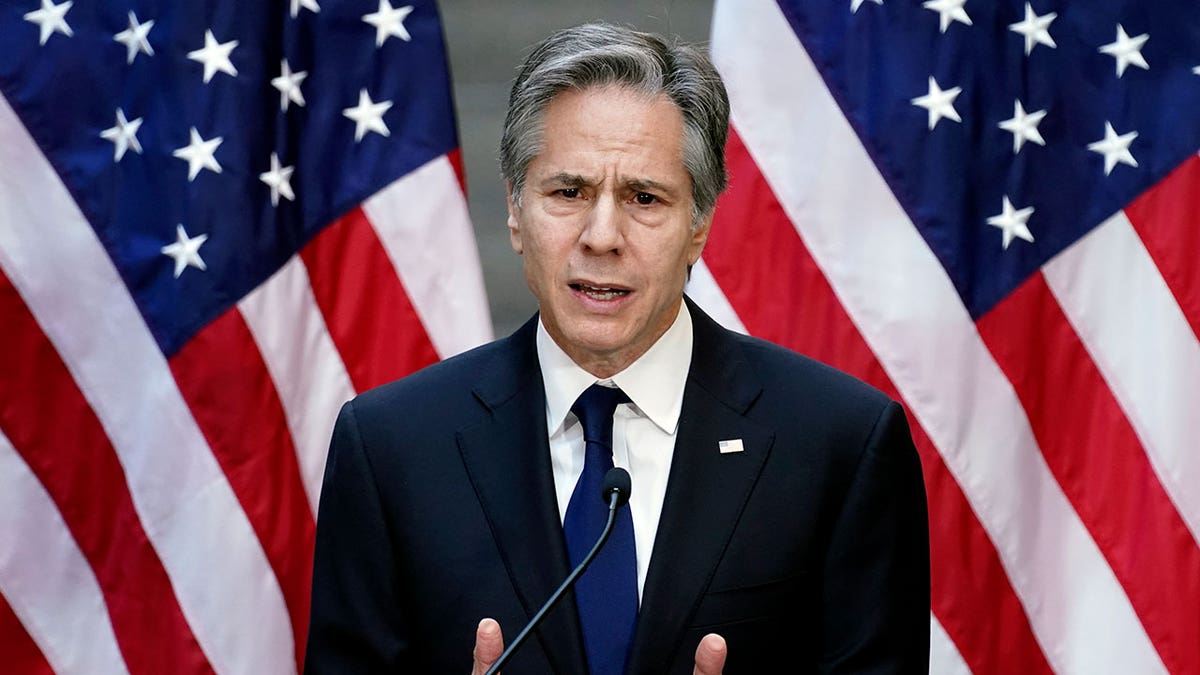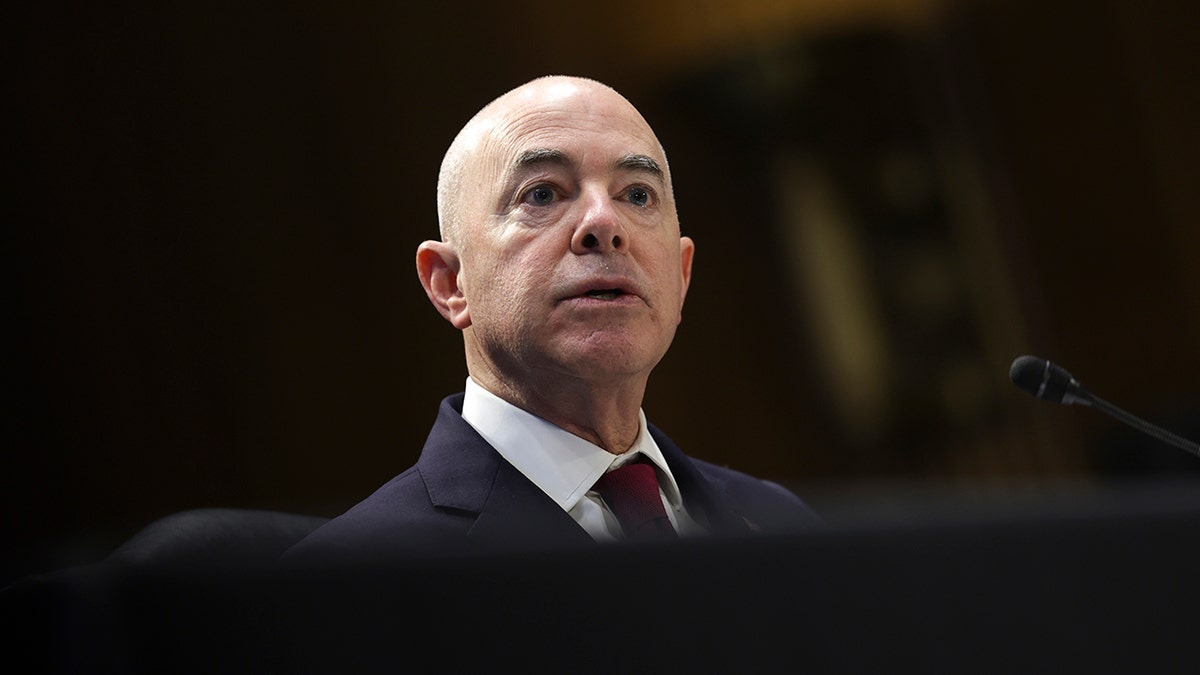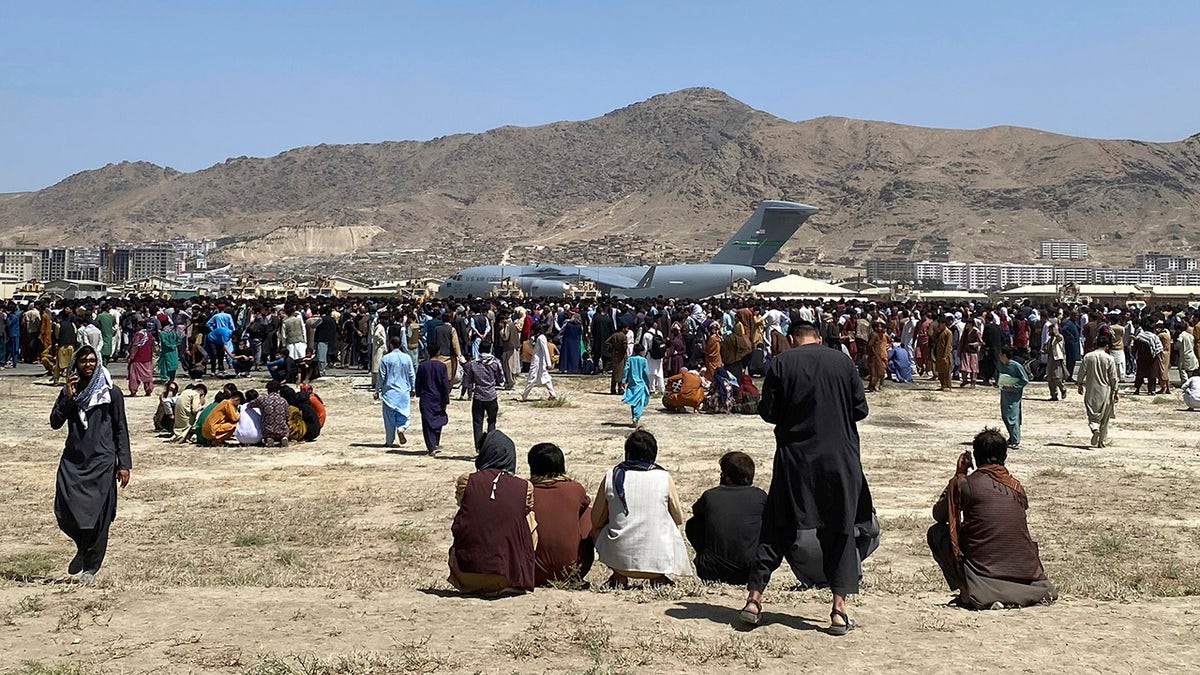The Biden administration on Monday announced changes to the Special Immigrant Visa Program, streamlining the process and demonstrating its commitment to the "thousands of brave Afghans" who worked with U.S. troops in Afghanistan.
The Special Immigrant Visa (SIV) Program for Afghan citizens provides a path for former employees or contractors who worked with the State Department or other American entities. Many of these applicants remain in pending status as the State Department continues to review their eligibility.
On Monday, though, Secretary of State Antony Blinken and Homeland Security Secretary Alejandro Mayorkas announced a change to the program that will "simplify and streamline" the application process for Afghan applicants.
"The United States continues to demonstrate its commitment to the thousands of brave Afghans who stood side-by-side with us over the course of the past two decades," they said in a statement, adding that the Biden administration has "already undertaken substantial steps to improve" the SIV program, and noted the update to the process "reflects our commitment to do so."
DHS ANNOUNCES TERROR BAR EXEMPTIONS FOR AFGHAN EVACUEES WHO WORKED FOR TALIBAN-ERA CIVIL SERVICE
Beginning this week, Blinken and Mayorkas said that new Afghan SIV Program applicants will only need to file one form — a revised DS-157 form —as their SIV petition.

Secretary of State Antony Blinken speaks after viewing the "Burma's Path To Genocide" exhibit at the United States Holocaust Memorial Museum in Washington, Monday, March 21, 2022. (Kevin Lamarque, Pool via AP)
Under the new rule, new applicants will no longer need to file the Form I-360 Petition for Special Immigrant Status with the Department of Homeland Security’s U.S. Citizenship and Immigration Services (USCIS).
"This new streamlined process, which is part of our ongoing efforts to make the program more efficient, will help eliminate barriers for applicants and reduce applications times," Blinken and Mayorkas explained.

Secretary of Homeland Security Alejandro Mayorkas testifies before a Senate Appropriations Subcommittee on Homeland Security, on Capitol Hill on May 04, 2022 in Washington, D.C. (Kevin Dietsch/Getty Images)
They added, though, that the change "does not reduce or remove any of the robust security vetting processes required before the benefit is granted," stressing that the process is committed to "safeguarding national security."
"Since the beginning of the Biden Administration, we have surged resources to this vital program and have reviewed every stage of the statutorily required application process to streamline wherever possible," they added.
The change in the process comes months after President Biden made the decision to withdraw all U.S. troops from Afghanistan, ending the United States’ longest war.
The Biden administration removed all U.S. military assets from Afghanistan on Aug. 31, after the country fell to the Taliban.
In the final days of U.S. military presence in August 2021, officials sought to evacuate as many Americans and Afghan allies from Kabul’s Hamid Karzai International Airport.

Hundreds of people gather near a U.S. Air Force C-17 transport plane at a perimeter at the international airport in Kabul, Afghanistan, on Monday, Aug. 17, 2021 (AP)
Officials at the time, though, estimated that the "majority" of Afghan SIV applicants were left behind due to constraints on those attempting access to the airport to be safely airlifted from Afghanistan.
Since, the U.S. has been bringing tens of thousands of Afghans to the United States.
Last month, DHS announced that it is moving to allow Afghan civil servants who worked during the Taliban regime to be exempted from terror-related restrictions and be allowed entry into the U.S.
A Pentagon inspector general report issued in February found that officials identified at least 50 Afghan evacuees who were brought to the United States in the wake of the U.S. withdrawal from Afghanistan whose information indicated "potentially significant security concerns" — and were unable to locate dozens of those who it said had "derogatory information" that would make them ineligible for parole.
So far more than 76,000 Afghans have been brought to the U.S. in the wake of the withdrawal from Afghanistan in August 2021.
Fox News’ Adam Shaw contributed to this report.














































